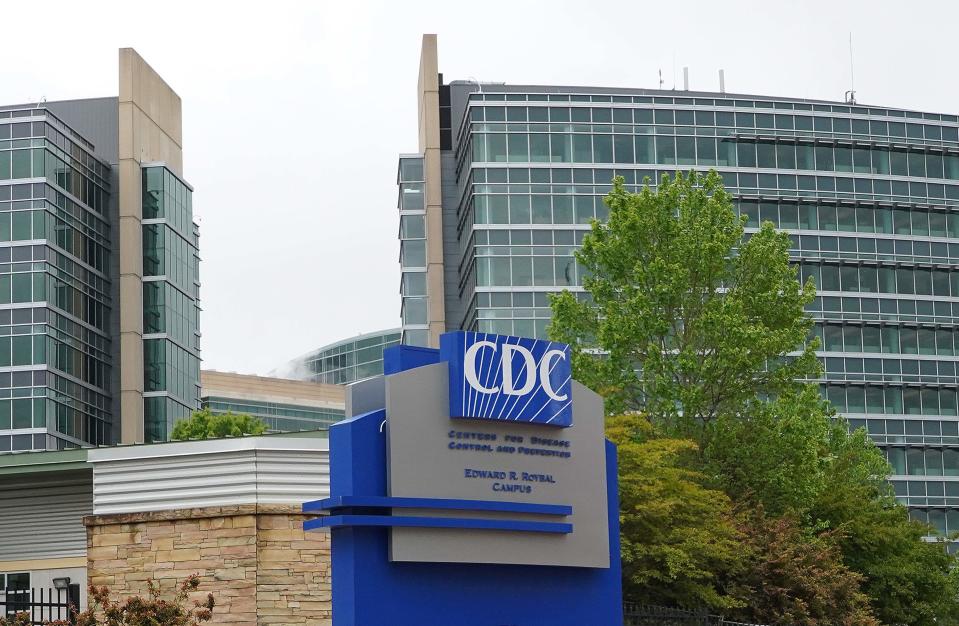CDC-convened panel votes to add nursing home residents to first phase of COVID-19 vaccine rollout
Public health officials voted Tuesday to add residents of long term care facilities to front-line health care workers as the first Americans to get a COVID-19 vaccine.
Nursing home residents previously had been further down the priority list to vaccinate as doses become available.
"My vote reflects maximum benefit, minimum harm, promoting justice and mitigating health care inequalities," said Advisory Committee on Immunization Practices chairman Dr. Jose Romero, chief medical officer of the Arkansas Department of Health
The ACIP is an independent group convened by the U.S. Centers for Disease Control and Prevention to offer advice on who should get specific vaccines and when.
Those in the so-called Phase 1a group would be followed by essential workers in Phase 1b, then adults with high-risk medical conditions and people 65 and older in Phase 1c. Other populations at lower risk of serious illness from COVID-19 would come later next year.
The vaccinations could begin within the next two to three weeks, when Pfizer/BioNTech’s COVID-19 vaccine is expected to get an emergency use authorization from the Food and Drug Administration. A second vaccine developed by Moderna is about a week behind.
Vaccinations should proceed at a rapid pace. Everyone in phase 1a should be able to get the first of the two-shot COVID-19 vaccine series within three weeks of one being authorized by the FDA, said Dr. Nancy Messionier, director of CDC’s National Center for Immunization and Respiratory Diseases.
In a stark reminder of what’s at stake, at the beginning of the meeting, member Dr. Beth Bell noted that COVID-19 is killing Americans at a rate of one per minute and 180 likely would die during the three hours the meeting was scheduled.
There are expected to be 40 million doses of COVID-19 vaccine available by the end of December, enough to vaccinate 20 million people with the necessary two doses, said committee staff member Dr. Amanda Cohn.
An additional 5 million to 10 million doses are expected to become available every week thereafter. For a short period of time, vaccine will have to be rationed even among the first group, Cohen said.
The first vaccine authorized by FDA is expected to come from Pfizer and requires ultracold storage at minus 70 Fahrenheit. It is shipped in cartons that each contain 975 doses. Because of that, the initial vaccine distribution likely will be to medical centers that have a large enough staff to quickly use that much vaccine.
Dr. Helen Keipp Talbot of Vanderbilt University in Nashville, cast the lone vote against adding nursing home residents to the first wave. She remained concerned about the potential reaction of those vulnerable people to the new vaccine. She recommended vaccinating workers at long-term care facilities rather than residents.
Talbot said she's particularly worried the system for tracking vaccine reactions won't be sufficient to protect nursing home residents.
"We hope it works and we hope it’s safe and that concerns me on every level," she said.
Reflecting the overall view of the committee, Dr. Beth Bell of the University of Washington in Seattle, called group's decision "the best choice at this time to save the most lives and prevent as much disease as possible."

This article originally appeared on USA TODAY: COVID-19 vaccine: CDC-convened panel adds nursing homes to first access

